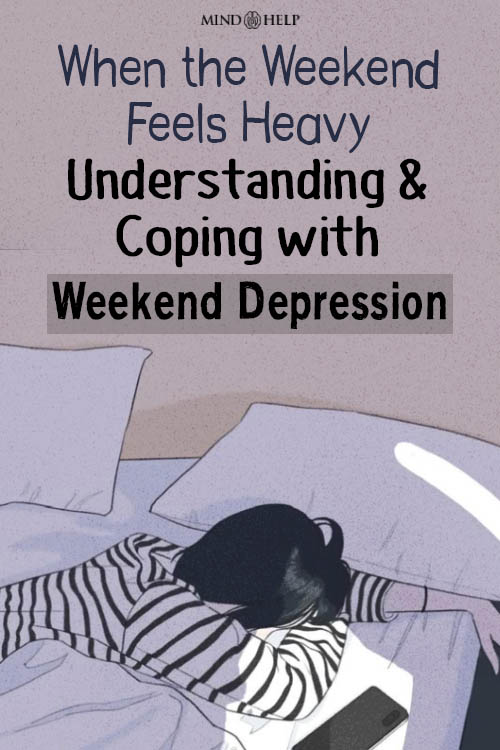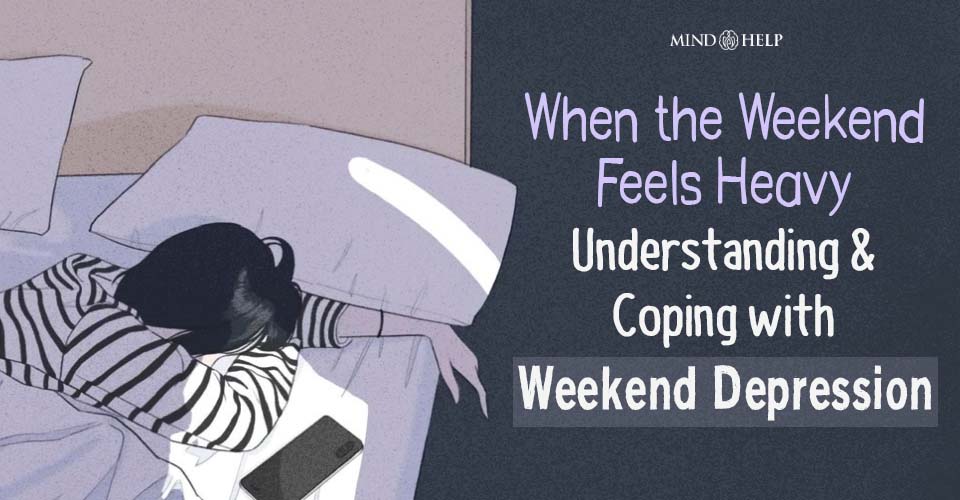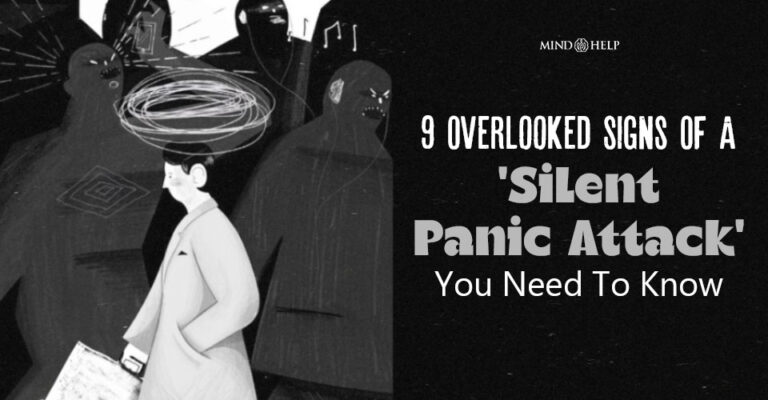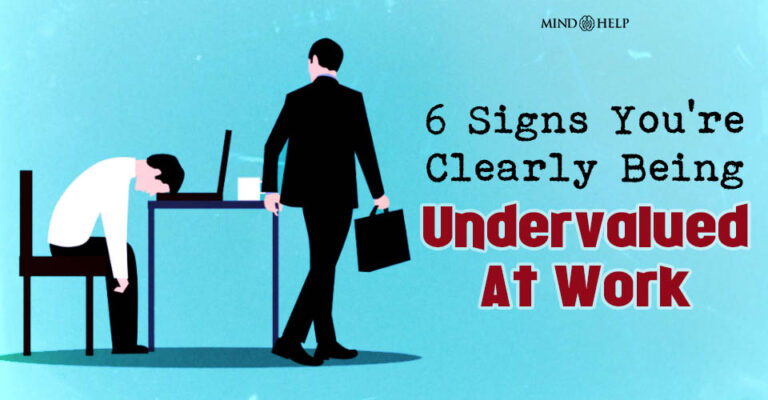Depressed at weekends? Feeling low as the weekend approaches? You’re not imagining it. Many people experience a dip in their emotional well-being just as Saturday begins. Let’s explore why weekend depression happens and how you can handle it effectively.
Weekends are supposed to be your time to unwind—maybe grab coffee with a friend, enjoy a movie, practice some self-care, order your favorite food, or simply curl up with a good book. Sounds like an ideal couple of days, right?
But instead, you find yourself feeling down, disengaged, and drained. Monday arrives and you wake up unmotivated, with zero energy to face the week. That’s not just burnout—it’s a real emotional pattern. It’s called weekend depression, and we need to start talking about it more openly.
Not to Be Confused: Weekend Depression vs. Sunday Scaries
It’s important to understand the difference. Weekend depression or weekend blues isn’t the same thing as Sunday blues or Sunday depression.
Sunday depression often creeps in during late Sunday afternoon or evening. It’s the anxious pit-in-the-stomach feeling that builds as Monday approaches, even after an otherwise good weekend.
Sunday scaries are rooted in anticipating the week ahead. On the other hand, weekend depression sets in much earlier—it’s that unexpected slump that hits when you’re supposed to be relaxing. Instead of rejuvenation, your weekend leaves you feeling emotionally exhausted.
Read: Tired No Matter What? 6 Signs You Might Be Experiencing ‘Junk Sleep’
Weekend Depression Syndrome: When Downtime Doesn’t Replenish You
Weekend depression can sneak in quietly, even if your weekdays are busy and fulfilling. Whether you’re working, parenting, creating, or managing responsibilities, you stay energized during the week thanks to structure and purpose.
You look forward to weekends as a reward—but once they arrive, a wave of emptiness, irritation, or sadness can wash over you. During the week, you’re needed, active, and validated. On weekends, you’re left alone with your thoughts—and sometimes, that silence is overwhelming.
So, Why Does Weekend Depression Happen?
Here are some underlying causes of weekend blues:
Loneliness:
After a full week of interaction and activity, the quiet of the weekend can feel isolating. That coffee tastes bitter when there’s no one to share it with, and what should feel like rest ends up feeling more like punishment.
Difficult Home Life:
If you’re in a strained relationship or living in a chaotic household, weekends can become a battleground rather than a break. Instead of peace, you face tension—leaving no room for emotional recovery.
Social Media Overload:
Endless scrolling through Instagram-perfect lives can distort your reality. Doomscrolling is a real trigger for low mood, especially when you compare your downtime to someone else’s highlight reel.
Lack of Routine:
Weekdays come with structure—you wake up, complete tasks, hit deadlines. This rhythm keeps your mind occupied and your emotions in check. On weekends, the absence of that schedule can lead to feeling directionless and low.
Limited Social Connection:
No plans? No people? The silence can be deafening. Without some form of interaction or stimulation, weekends can feel long and meaningless. That’s when you end up binge-watching shows or overeating or oversleeping—still not feeling fulfilled.
Depressed at Weekends? Here’s How to Cope
1. Plan Your Weekend Ahead
Use your weekday motivation to design your weekend in advance. Break it into segments—morning, afternoon, evening, and night—with activities you enjoy. Whether it’s a cold shower or pancakes for breakfast, write it down.
That list becomes your weekend blueprint, giving you structure and satisfaction. Even small achievements, like picking up syrup for your pancakes, can create a sense of accomplishment and lift your mood.
2. Practice Gratitude
Gratitude can be a game changer. Begin your Saturday or Sunday by listing a few things you’re thankful for. They can be simple—like having your own space, financial stability, or a job that recognizes your effort. This habit helps reframe your perspective and makes you more mindful of the good things in your life.
3. Get Involved in a Community
When the blues hit, isolation seems appealing—but it only deepens the sadness. Instead, try meeting a friend, joining a yoga class, or participating in a local event. A little sunlight, some movement, and meaningful conversation can go a long way in lifting your spirits.
4. Be Gentle With Yourself
Set goals, yes—but don’t overwhelm yourself. It’s okay if everything doesn’t go as planned. Progress isn’t linear. Treat yourself with kindness. Your rest days are meant to rejuvenate you, not drain you further.
5. Reach Out When You Need Support
You’re not alone, and you don’t have to figure it all out by yourself. Talk to someone you trust—a friend, family member, or counselor. If your feelings of sadness persist for more than two weeks or if weekends consistently bring dread, consider seeking professional help.
Feeling low on weekends may seem unusual, but it’s a quiet, persistent sadness that can ripple through your entire week—affecting work, relationships, and personal well-being. Don’t dismiss it. Understanding your emotional patterns is the first step to healing.
Whether it’s through building a routine, practicing self-care, or reaching out for help, small, intentional steps can prevent weekend depression from turning into a bigger problem. You deserve to feel joy—not just on weekdays, but every day, especially on your days off.








